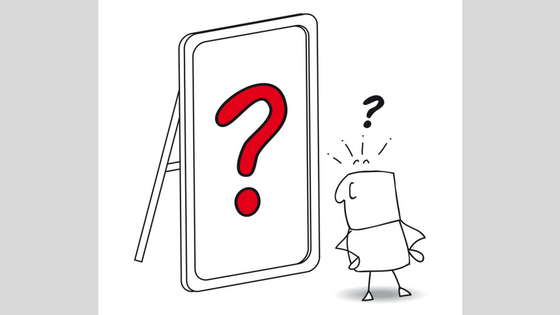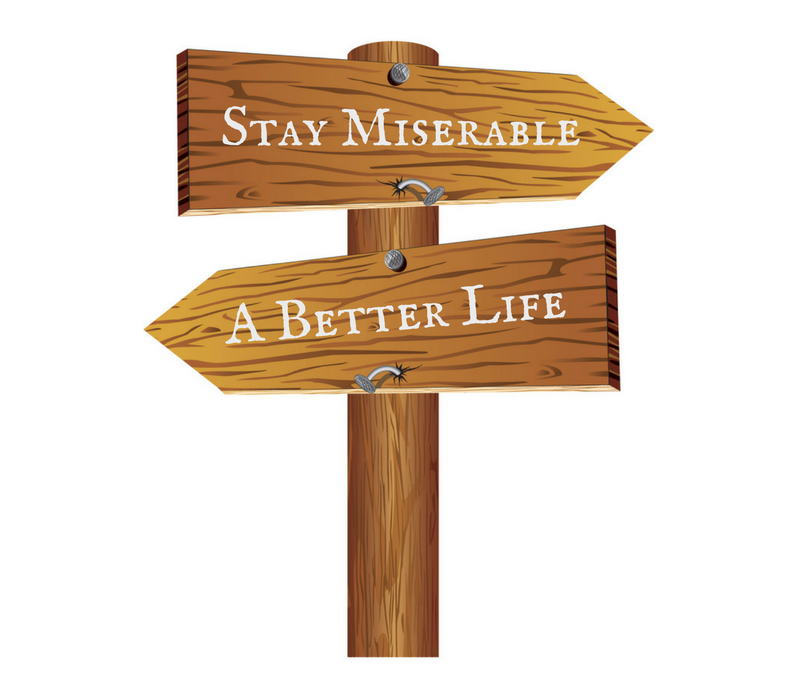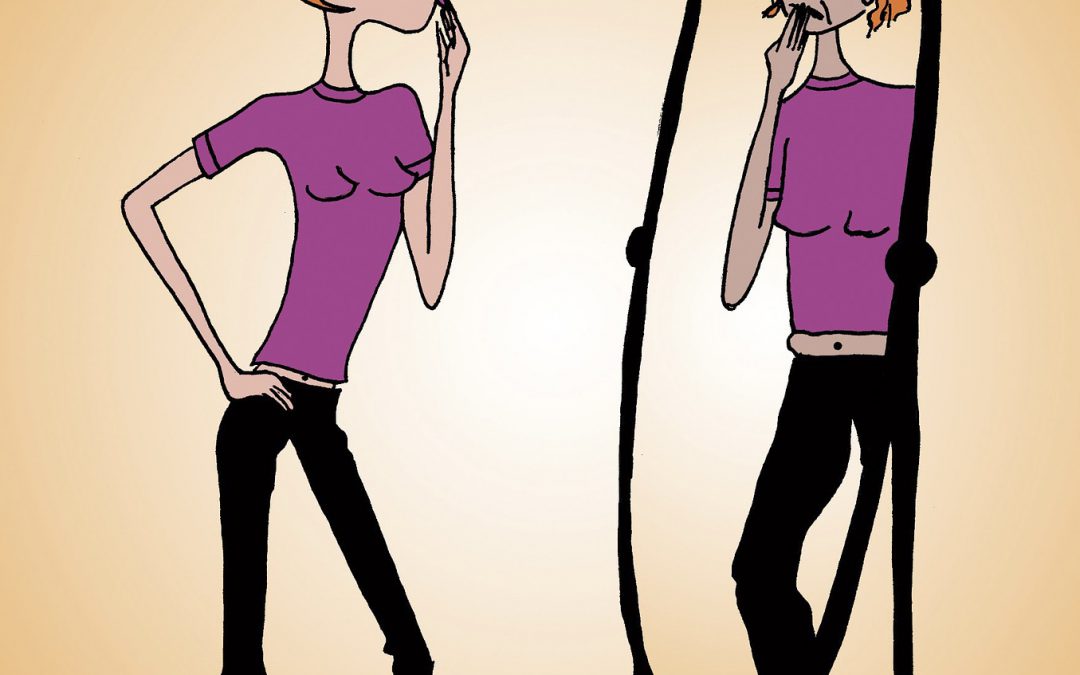
Tips for Sharing Your Diagnosis
At some point, we all have to make the decision: To share or not share our diagnosis? Here’s how I approached it, and the lessons I learned are invaluable.

At some point, we all have to make the decision: To share or not share our diagnosis? Here’s how I approached it, and the lessons I learned are invaluable.

You are not your diagnosis. People living with cancer say, “I have cancer,” not “I am cancer.” Your illness is simply that: an illness. It may influence your life, and you may have to learn to manage your symptoms, but it doesn’t define you.

It’s exciting to witness that moment when someone realizes that their diagnosis means that a better life is possible for them.

It’s fascinating how often we think about our disorder as something that we caused. The idea of “normal” is probably one of the most toxic stigmas out there.When we stop and think about it, we know it doesn’t exist. In reality, we all deal with something, whether it’s a mental illness or a serious health issue.

When we think about changing our minds and how we think, we often think of the perfectionism or fears we live with, and focus on how to get rid of them. The apostle Paul challenges us to think differently, to think of changing our minds as part of the process of putting on our “new self.” One practical way to do this is challenging our Thinking Distortions.

It can be easy to look at depression, anxiety, and mood disorders as decisions. What happens when a medical issue determines our moods?

As I’ve learned to compensate for the negatives of bipolar disorder, I’ve discovered something incredible: My bipolar disorder is a gift.

Too often, we look at our history and think it tells us that there is no path forward for us. That’s not true. Your past does not define your future.

Doing the hard work of mental health recovery helps us do more than gain resiliency. It helps us build a better life. A life worth living.